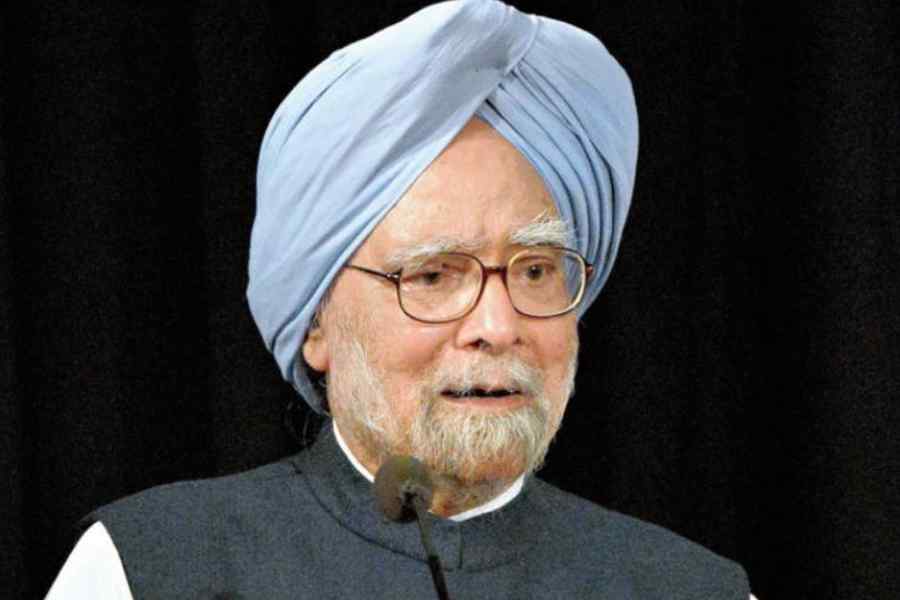Prime Minister Manmohan Singh had in December 2007 referred to the 11th Five-Year Plan (2007-12) as “India’s educational plan”.
Academics on Friday said Singh delivered more than he promised to the traditionally neglected education sector that grew in terms of quality, inclusion and access during his tenure as the Prime Minister.
Prof Furqan Qamar, the founding vice-chancellor of the Central University of Himachal Pradesh, said the education sector witnessed unprecedented expansion in terms of quality, inclusion and access to higher education during the 11th Five-Year Plan.
Qamar had worked with the University Grants Commission (UGC) in preparing the blueprint for higher education for the 11th plan.
He said the allocation for higher education, which stood at a mere ₹10,000 crore in the 10th Five-Year Plan (2002-07), witnessed a nearly nine-fold jump in the 11th Plan period.
The number of central universities nearly doubled, with every state getting at least one central university. The number of IITs doubled to 16 while the IIMs nearly doubled from seven.
The National Institutes of Technology (NITs) increased their strength from 17 to about 30. The country saw the setting up of the Institutions of Science Education and Research (IISERs) and the expansion of the Indian Institutes of Information Technology (IIITs).
"Singh was convinced that investment in education was key to creating a knowledge economy. He knew that growth in education would pay back to society in a big way. The total education sector got 14 times more funds in the 11th Plan than the 10th Plan,” Qamar said.
The National Knowledge Commission (NKC) was set up to advise the Prime Minister on policies related to the growth of higher education and research. New scholarships and fellowships were introduced to encourage poor students to pursue higher education and research.
Qamar said the school education sector improved with the enactment of the Right To Education (RTE) Act. The law mandated schools to maintain minimum standards in terms of infrastructure and quality of teachers. The pay scale of university and college teachers was enhanced to attract talented youths.
Prof Rajen Harshe, the former vice-chancellor of Allahabad University, said Singh made teaching a lucrative profession. The Sixth Pay Commission almost made the post of a VC equivalent to a government secretary.
“During Singh’s tenure as Prime Minister, the university and college teachers got respectable salaries and respect. People with academic standing were appointed as VCs. I have benefited from his advice on running the university,” Harshe said.










